It was shared in 1939 by Pandit Roop Chand Joshi of Punjab. He wrote 5 books from 1939 to 1952 Lal Kitab Farmaan, Lal Kitab Armaan, Gutka, Tarmeen shuda, IIlm-e Samudrik ki buniyad, compilation of all five was named as Lal Kitaab. Pandit Roop Chand Joshi was an account officer in the defence department of British India. Though some people believe that he has written someone else's words, who desired to remain anonymous, whom he has referred to in his memoirs as Devine being.
There is also a belief that Lal Kitab was originally written in poetic verses on astrology and palmistry. Which was published in the ancient Urdu language. And as the solutions provided in the book revolve around temples and deities so researchers say it could possibly be based on Samudrika Shastra. In fact, there are assumptions that its trails are also connected to Ravana, who wrote a book on Hindu Astrology and Siddha medicine known as Ravana Samhita and Arka Prakasham. Ravana lost the book due to his arrogance and in the war, but finally, it was found in Aadh a place in Arabia. Where it was translated into Persian and then Urdu.
How Lal Kitab is different from Vedic Astrology
It is based on Kaal Purush Kundli which is made with 12 Houses or Ghar and 9 Planets or Greh.
Nakshatras or Zodiac signs and Panchang has no significance. The birth chart of an individual is prepared like the traditional Parashar principles, Irrespective of the Rashi in the Lagna Chart Lal Kitab Kundli always starts with Aries or Mesh Rashi as its first house. Unlike Vedic astrology, in Lal Kitab, the Ascendant is treated as the first house i.e Aries and goes down up to the 12th house Pisces. The holder or owner of each house is as follows which is different from Vedic astrology.
It is also important to know the ruling Gods of the nine planets or Navgraha:
Sun is Vishnu, Moon is Shiva, Mars is Hanuman, Jupiter is Brahma, Venus is Lakshmi, Mercury is Durga, Rahu is Saraswati, and Ketu is Ganesha.
Lal Kitab gives analysis only on the basis of the current movements of the planets and the current running age of the Jatak. These Planets have their own aspects and accordingly generate a positive or negative impact on the native. Lal Kitab insists that a jataka (an individual) must continue doing good deeds in life without worrying about the good or bad results. It has laid a lot of stress on Karma. Lal Kitab has started gaining popularity because it provides Very Cost-effective and Pragmatic solutions
Many preventive measures have been suggested in a simple way in Lal Kitab. Most of them are scientifically based, involving minimum expenditure. These remedies are inexpensive, harmless and non-complicated. Mantras and Tantras can give adverse effects if not performed properly, but these measures don't cause any trouble, in case you miss out on any detail. However, it is important to consult only a Lal Kitab learned Astrologer do analysis and provide solutions accordingly. Otherwise, the remedies may not solve the problem at the right time.
Lal Kitab Remedies to reform Human Life
- Help the poor by providing medicines, donate for the marriage of the daughter of a poor family, provide education to poor children, help the blind and physically weak people or help the poor relatives in the family.
- In order to make Sun favourable the Lal Kitab suggests many simple ways or Upayas. One of them is that one should not take too much salt as it can invoke the Sun God’s annoyance. Since salt is governed by Saturn and Sun is a deadly enemy of Saturn. So if one eats more salt it can upset the Sun in the Kundli. Create health issues like an increase in his/her blood pressure. Affect the eyesight adversely.
- Lal Kitab advises that each religious place should offer food to the needy. It mentions that during the full moon, and at the time when the Sun transits in a new sign, (which is usually called Sankranti) if a yellow coloured vegetable is cooked and distributed amongst people to eat, it may protect them against lots of illness.
- Lal Kitab believes that the poor or needy people's blessings will protect the members of the house (where people offer food) against several illnesses and diseases.
- It has stressed a lot to do good deeds and practice righteous thinking and actions.
- It has given a lot of importance to the Peepal tree. If someone regularly eats a few Peepal leaves, it will cure T.B. or lung disease, and can even protect from any heart disease. It believes that like Lord Brahma Peepal also has the power to retain life. To the extent that it may help people facing problems to conceive a child. Therefore, the Peepal tree is of great importance from LalKitab’s point of view.
- Lal Kitab mentions that if a Jataka uses milk that comes out of the Bargad tree’s leaf it can give him a lot of physical strength to fight against any disease. It says offering milk and water to the Bargad tree and applying its dust on the forehead brings good results in whatever he does.
How Lal Kitab and Palmistry Work Together
The science of palmistry too has been explained in detail. On the basis of the lines of the palm actual horoscope of an individual can be drawn and planets can be placed in various houses of the birth chart. The date of birth and the ascendant planet can be found by reading the lines and mounts of the palm. It explains the sketch of the human brain accurately on the lines of the palm.
Lal Kitab’s Principles and remedies
Lal Kitab is not just about Planets, Houses, Kaal Purush Kundli, Varsh phal chart, Rashi Chart and Palmistry, it teaches us life’s most important lessons as a corrective measure for problems. We must understand this verse in the Lal Kitab's context, it says that whatever God has given so far is according to Karmas. And if you correct your Karma and keep it righteous, then God will write in your destiny accomplishments based on corrected actions. Therefore eventually it is in your hand, according to your actions he will write your destiny.
For e.g it tells if on one hand Jataka or an individual as a remedial measure gives alms, offer prayers, feed animals and poor people, and on the other hand, he cheats people, does wrong deeds, and eats bad food. The remedial measures won't be effective till the time he corrects his karma. The loss, gain, good or bad, death or life—all these things are controlled by God. But one must continue doing good things in life without worrying about the bad results. By doing so his good Karma will come back to him and thus each individual can write his own destiny.
As explained in this Verse of Ramayana by Tulsi Das when ‘Bharata’ is sad over his father's death and Shri Ram’s exile to the forest. For remedies as per Lal Kitab Kundli's planetary positions consult an expert Astrologer who can provide accurate corrective measures and guide you through your Karmas.














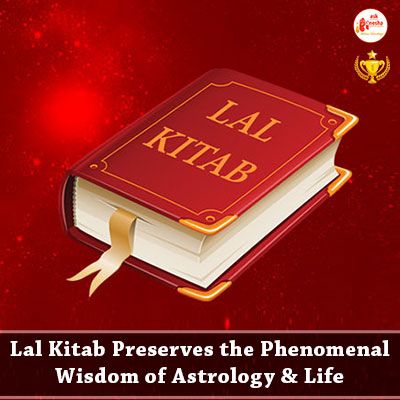
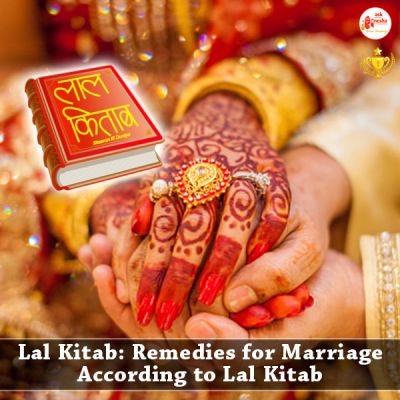
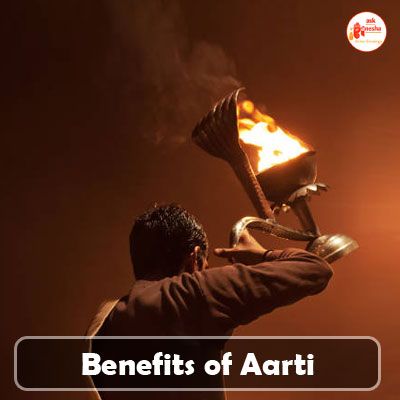
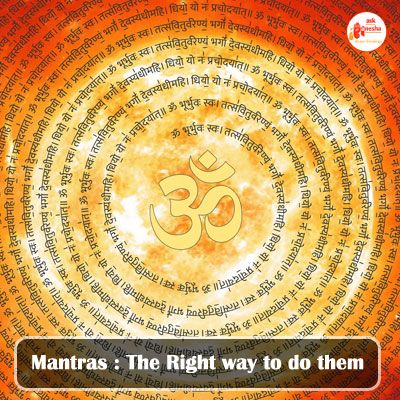
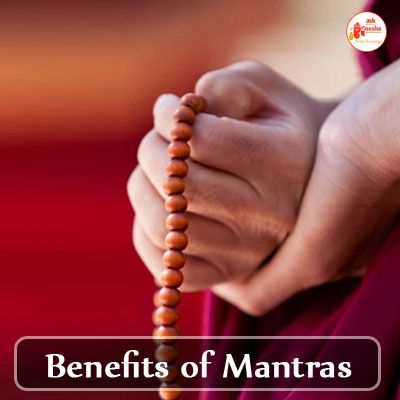

 Translate
Translate